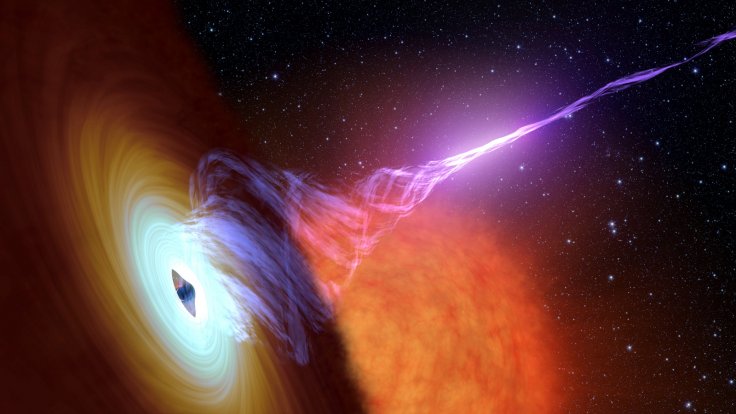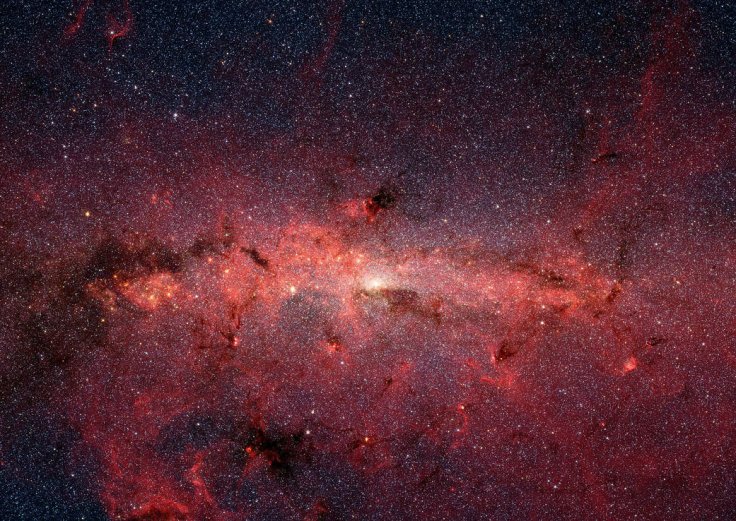NASA discussed the important role of black holes in the formation of the massive cosmic objects in space such as planets and stars. According to the agency, black holes may have even contributed to the formation of Earth and its living organisms.
Astronomers and scientists have always been trying to learn more about black holes and how they affect their neighboring regions. Through previous studies, it has been confirmed that black holes are massive cosmic objects that can consume almost anything that gets near them.

Black Holes And Planetary Formation
But aside from their destructive nature, it seems black holes also assisted in the formation of planets and other massive bodies in the universe. According to NASA, when black holes collide to form a supermassive one, the collision scatters heavy elements that served as the primary materials for a planet's evolution. This is also the same process that created stars.
"Mergers between two neutron stars, two black holes, or a neutron star and black hole, similarly spread heavy elements around that may someday become part of new planets," NASA explained. "The shock waves from stellar explosions may also trigger the formation of new stars and new solar systems."
Building Blocks For Earth
Aside from supermassive black holes, their smaller counterparts, known as stellar-mass black holes, also play an important role in planetary formation. As explained by NASA, this type of black hole is formed when a star dies and collapses under the weight of its own gravity. During this process, the resulting explosion caused by the star spews out elements that are vital for life to thrive such as carbon, nitrogen and oxygen.
According to NASA, these events triggered by supermassive and stellar-mass black holes may have led to the formation of life on the planet. "So, in some sense, we owe our existence on Earth to long-ago explosions and collision events that formed black holes," the agency said.

Galaxies And Their Supermassive Black Hole
In addition to planets and stars, NASA believes that there is also a strong link between black holes and galaxies, such as Earth's neighborhood Milky Way. After all, almost all known galaxies have supermassive black holes at their centers. In Milky Way, the supermassive black hole at its galactic center is called Sagittarius A*. However, the agency admitted that it is not yet clear if the galaxy or the black hole was formed first.
"It is possible that a black hole could have played a role in the formation of our Milky Way galaxy," NASA stated. "But this chicken-and-egg problem — that is, which came first, the galaxy or the black hole? — is one of the great puzzles of our universe."









